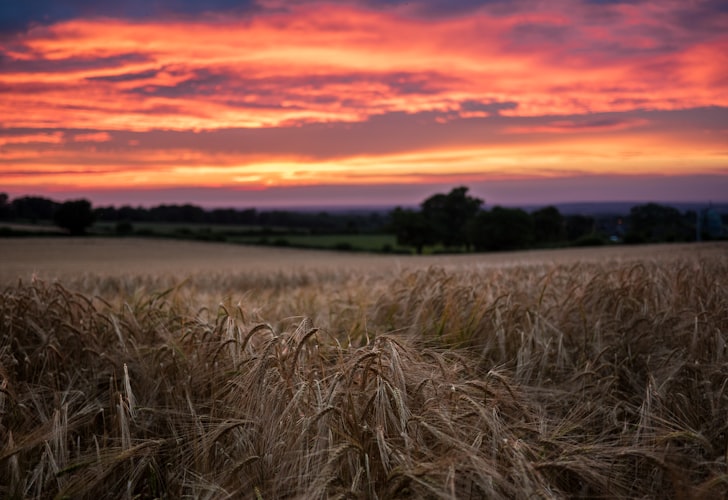
Today was Sverdrup Forum Day. Our annual Georg Sverdrup Society meeting for students of our seminary, and others interested, in which papers are read and discussion encouraged.
I usually read an extract from one of my translations of Sverdrup’s works, but this year somebody else did that duty, and I was asked to do opening devotions instead.
I’ve written before about my phobia concerning praying in public. But I wrote it all out ahead of time, and read it from my printed text. That was not a problem.
I ran short, time-wise, but not by accident. I knew, from experience, that these shebangs tend to run long. Nobody complained about my brevity, and the forum, as it happened, ended almost precisely on schedule.
[Insert here labored metaphor about the concept of brevity and its application to life.]
As I’ve told you, I just finished translating a literary biography.
A question occurred to me – “Is there such a thing as a genuinely good biography that isn’t sad?”
I once read (I think) a quotation by Oscar Wilde (can’t find it online, so maybe it’s one of those made-up things. Still good): “Tragedy is comedy plus time.”
In other words, you can make any comedy a tragedy by just leaving the curtain up. In the end, everybody dies, just like in Hamlet.
You’ve got two choices in a death. It can be too soon, or too late. There never seems to be a perfect time.
Most of us look forward to a long life. But that often means a slow decline as health problems increase, and friends die, and the world gradually turns alien and dangerous around us.
I just wrote a novel where two main characters die Viking deaths.
There’s something to be said for that.
Does this mean I’m ready to go now, while I’m still ambulatory and not wearing a diaper?
Are you kidding? No way.



